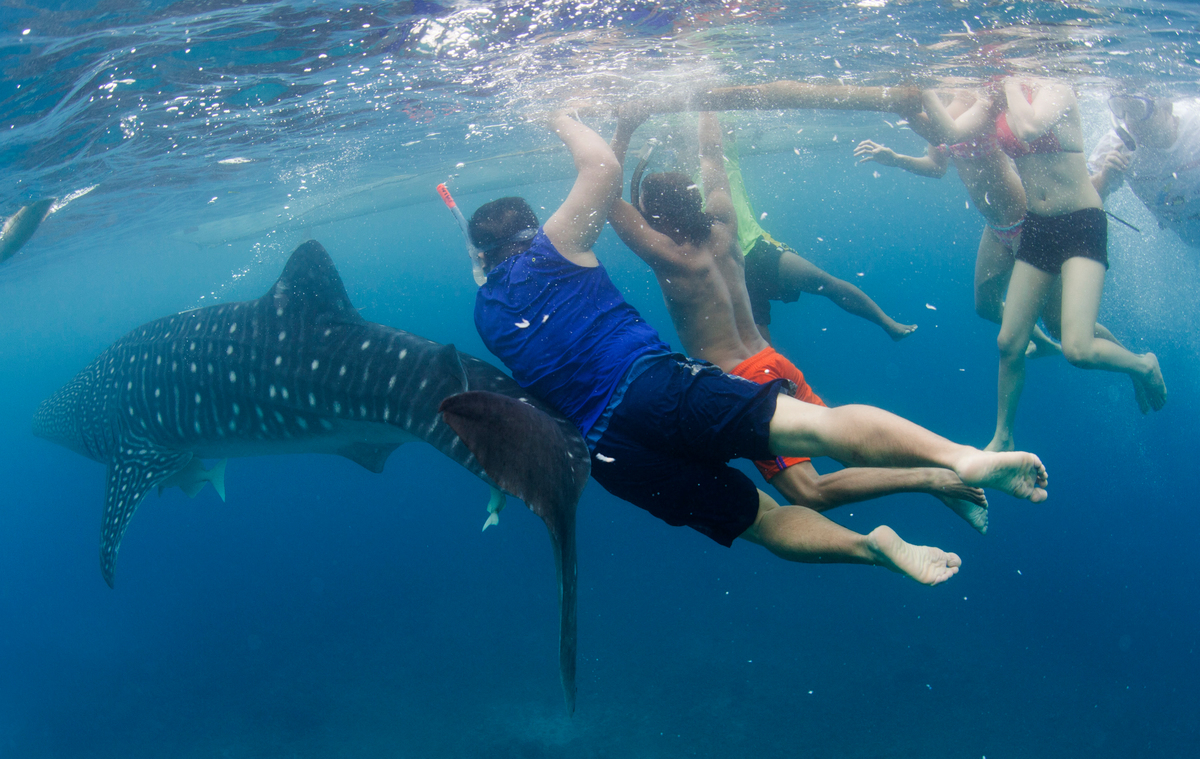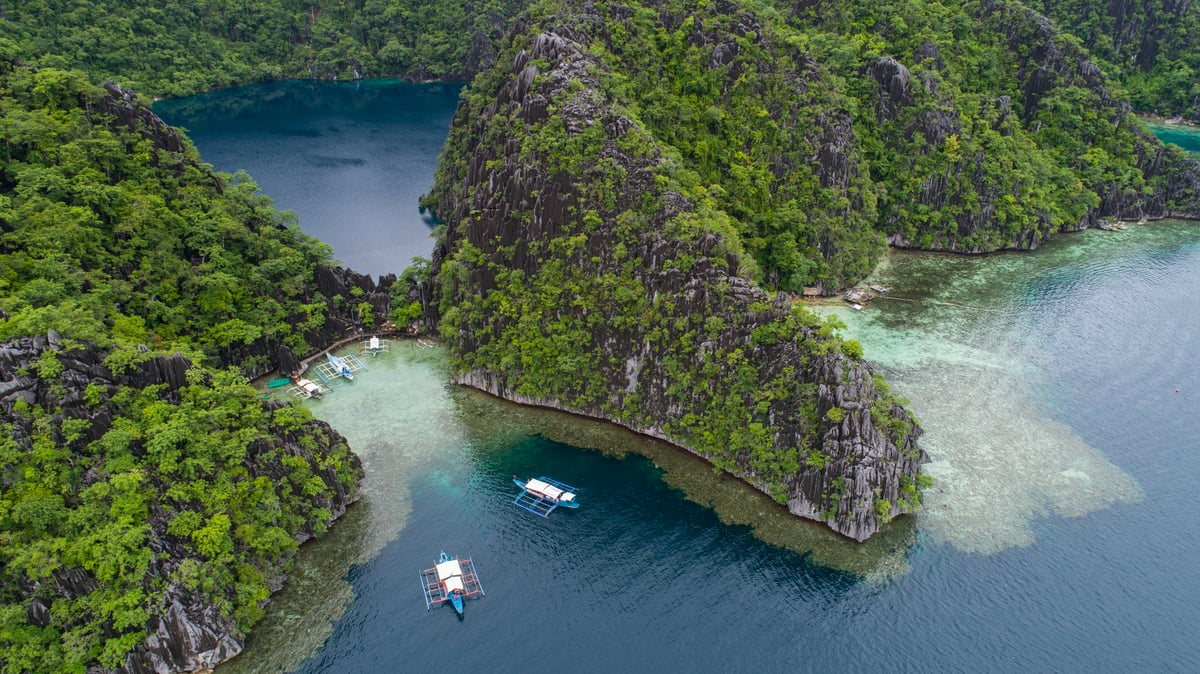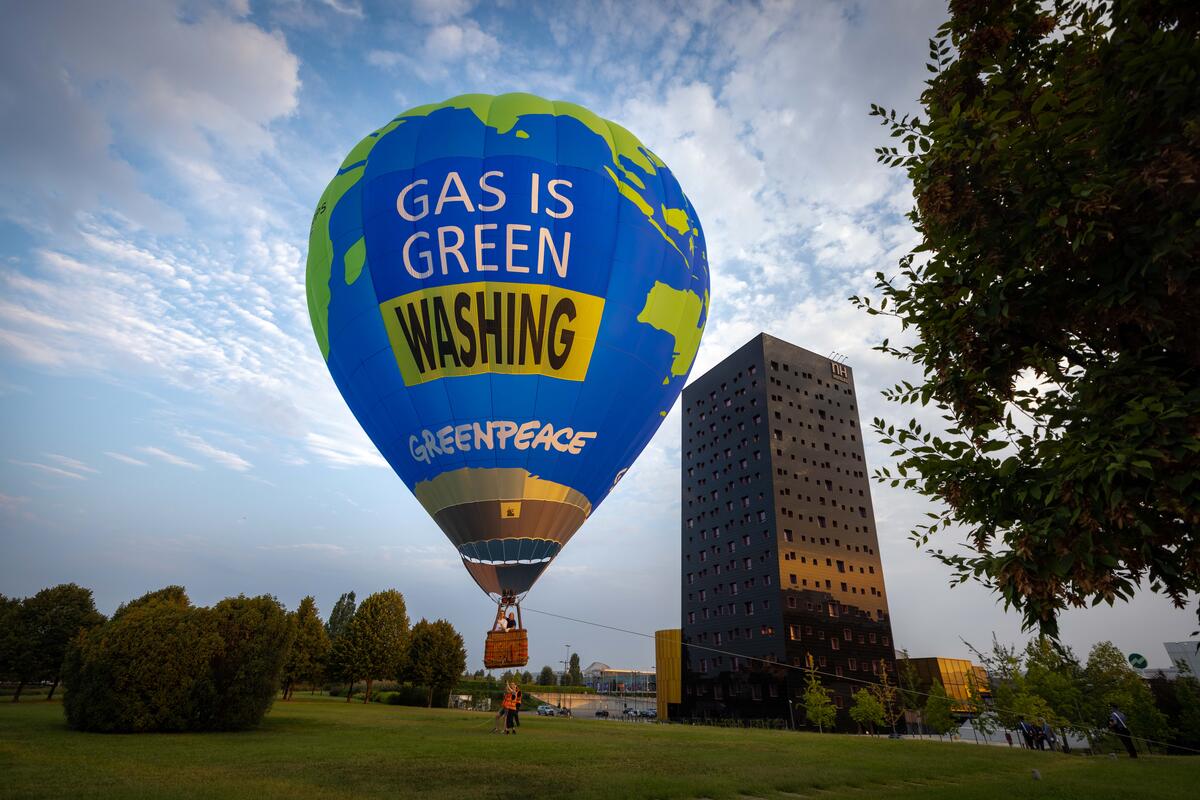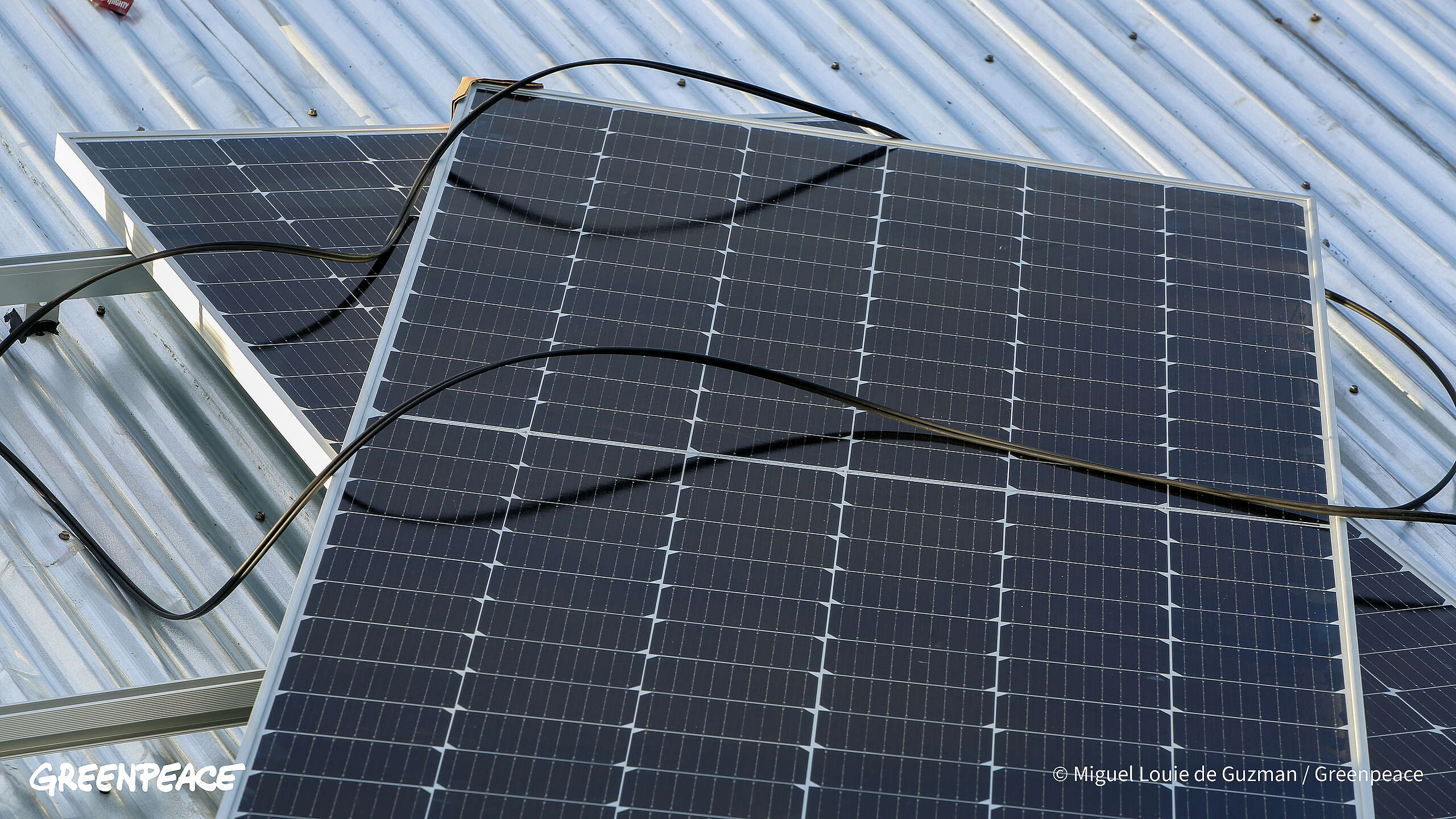To: Bureau of Fisheries and Aquatic Resources (BFAR), Department of Tourism (DOT), Provincial Government of Bohol, and the Local Government of Lila, Bohol
In November 2019, photos and videos of whale shark feeding in Lila, Bohol were published online. This is allegedly a joint project of a private investor and the local government unit (LGU). The official opening of this tour is scheduled on December 18, 2019.
Whale shark feeding has been a controversial issue in the Philippines since it began in Oslob, Cebu in 2011. As the whale shark tourism industry in Oslob grew, researchers have observed marked changes in the whale sharks’ behavior and physiology and concerns have been raised on the impact to the local environment.

We call on BFAR, DOT, the province of Bohol, and the LGU of Lila to promote sustainable tourism practices and prohibit the practice of feeding. Feeding of whale sharks for economic purposes is a clear form of exploitation and harms ecological balance in Bohol or anywhere it is practiced. Any livelihood or socio-economic activity should be sustainable, and in order for it to be equitable, it should be pursued without negatively impacting wildlife species and the integrity of the environment to which it belongs. Whale sharks are an Endangered species as assessed by the International Union for Conservation of Nature, as well as a protected species through Fisheries Administrative Order 193 (1998) and the Philippine Fisheries Code. We must conserve this species for it to thrive in the wild for generations to come. Therefore, whale sharks in Lila should not be fed.
Bohol takes pride in its natural attractions and resources. It is known for dolphin watching, diverse coral reefs, and marine turtles, to name a few. The local government has taken initiatives to ensure the ecotourism industry’s sustainability in line with the DOT’s agenda under Secretary Bernadette Romulo-Puyat. Responsible tour operations and visitor conduct are essential in this endeavor.
Whale sharks are highly mobile species. Whale sharks in the Philippines swim to Taiwan, Malaysia, and Indonesia. They migrate seasonally between areas as this allows for nutrient exchange. Restricting their movements by creating an “ecological trap” as dictated by provisioning (the act of feeding, chumming and luring) will alter their ecological roles and ecological needs. Monitoring of whale sharks in Donsol, Sorsogon, and Sulu Sea through satellite tagging also shows that whale sharks spend more time in deep waters, with one of the deepest dives at over 1,400m recorded in the Bohol Sea. If the whale sharks do not migrate to their deep habitats or the next feeding area, which are possibly mating and pupping grounds, they will be unable to perform their ecological roles in these ecosystems. As an endangered species, whale sharks need all the reproductive opportunities it can get.
Conditioning whale sharks to approach boats can also make them more susceptible to injuries and poaching. The whale sharks’ positive association with boats may cause negative impacts when they move to other areas where there are no guidelines and trained personnel to conduct and monitor human interactions, as happens in neighboring countries.
The whale shark’s welfare is governed by local and international protection laws. The whale shark is listed in both the Convention on International Trade in Endangered Species of Wild Flora and Fauna under Appendix II (CITES) and the Convention of Migratory Species (CMS). The Philippines has been recognized as a country championing whale shark conservation by CMS, wherein one of our commitments is to ensure responsible tourism practices that will benefit and not harm the species.
More than ever, it is urgent for the national government to pass the proposed policy standardizing marine wildlife tourism interaction guidelines in the Philippines, which has undergone several stakeholder consultations since 2014 through the efforts of the DOT, the Department of Agriculture, Department of Environment and Natural Resources, and Department of the Interior and Local Government. Let us all make decisions to support initiatives contributing to the UN’s Sustainable Development Goals.
Globally, businesses such as AirBnB, Instagram, and TripAdvisor have developed policies and regulations on animal welfare. Bohol, a leading tourism destination in the Philippines, should be at the forefront of sustainability. The planned feeding of whale sharks will negatively impact Bohol as a key tourism destination, as the global importance of ensuring animal welfare in tourism is taking the center stage.
Feeding of wildlife is strictly prohibited in well-managed protected areas. The practice of feeding whale sharks and its consequences should not be encouraged and replicated. In a country where rules and regulations are difficult to implement, we do not want Bohol to be another example of what not to do and what not to be.
Signatories:
Dr. AA Yaptinchay, Marine Wildlife Watch of the Philippines
Anna Oposa, Save Philippine Seas
Vince Cinches, Save Shark Network Philippines (SSNP)
Joel Palma, WWF-Philippines
Enrique Nuñez, Conservation International-Philippines
Mayette Rodriguez, NGOs for Fisheries Reform
Dinna Umengan, Tambuyog Development Center
Lea Guerrero, Greenpeace Philippines
Rina Rosales, Resources, Environment and Economics Center for Studies
Atty. Kins Aparece, Asia Center for Sustainable Futures Inc.
Marklui Aquino, Earth Island Institute Philippines
Anna Nieves Cabrera, Philippine Animal Welfare Society
Gregg Yan, Best Alternatives
Matt Reed, Malapascua Marine Preservation Fund
Ruperto Aleroza, Pambansang Katipunan ng mga Samahan sa Kanayunan (PKSK)
Jocelyn Caseres, Environmental Legal Assistance Center
Arze Glipo, Intergrated Rural Development Foundation
Erick Auza, Center for Environmental Initiatives
Alieth Bontuyan, Cebu Ecofix
For further queries:
Dr. AA Yaptinchay, Marine Wildlife Watch of the Philippines
[email protected]
Anna Oposa, Save Philippine Seas
[email protected]




Discussion
Don’t make this a trend. Oslob is enough, please don’t start doing this all over the country.
Let whale alone !
I am attaching here a URL so that you can evaluate if the contents of which are mere opinions or based on facts and research. https://sharks.panda.org/images/PDF/Best_Practice_Guide/sharkandrays_bestpracticeguide_2017_lores.pdf